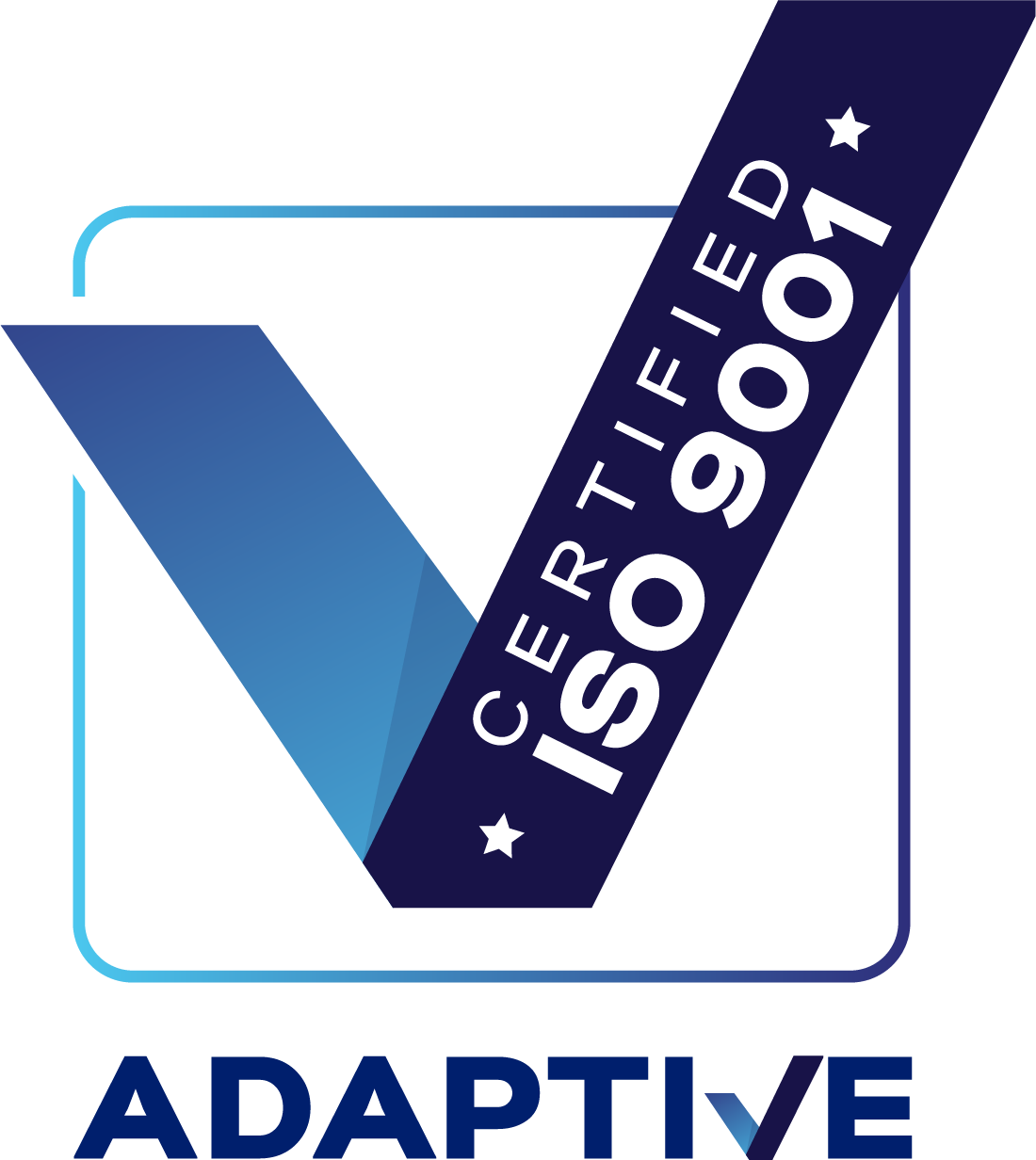
Do you tender for work? – RFT / RFQs / EOIs and ISO Certification
Becoming certified to ISO standards for Quality, Safety, or Environment Management Systems is often the first step for a business entering a new growth and maturity phase.
Some things that trigger management to consider ISO certification include matching competitors, improving messy processes, and responding to enforceable undertakings. However, the vast majority of our enquiries start with “we are tendering for a contract, and ISO certification is a requirement”.
Why do contracts mandate ISO Certification?
Mandating certification is about managing risk. One way to manage risk through a supply chain is by making ISO Certification a requirement, as this ensures appropriate processes are in place and dodgy contractors and suppliers are weeded out.
If those in the supply chain meet the requirements of ISO certification, they are more likely to deliver quality products and services and have fewer safety and environmental incidents.
Another benefit of making ISO a requirement is reducing procurement workload. Instead of painstakingly reviewing each tenderer’s management plans, SWMS, and other documented processes, the responsibility is contracted out to a 3rd party certification body to audit and certify.
Regardless of the industry, approaching the market with a request for a quote (RFQ) is standard practice.
Clause 8.4 of ISO 9001 mandates that organisations create a “Criteria for evaluation and selection of suppliers”.
Managing supply chain
Price and Non-Price Criteria
Inevitably, when your RFQ is reviewed, the reviewer will need to consider the weighting towards price and non-price criteria. Non-Price Criteria often include capability, capacity, compliance work history, key staff etc.
Compliance portions might include questions like – Do you have ISO certification provided by a JAS-ANZ accredited certification body?
Yes – Tick the box and attach ISO certificates.
No – Fill out the following 20 questions and attach management plans, policies, procedures, SWMS etc.
After submitting a compliant tender, will a contract be awarded to a company with a verified management system? Or a business potentially not up to that standard?
One method government contracts are assessed is a scoring for ISO compliance, in which certification provides the highest score (e.g., 10 out of 10), in the process of certification may provide a 5, whereas no certification, which means the reviewer has to review documentation manually, may score a 0-2.
Unfortunately, in a competitive tender environment, submissions without ISO certification are sometimes not even reviewed to begin with.
If your business needs ISO certification to take the next step, reach out to Adaptive Certifications. Our experts have been on both sides of the fence across multiple industries and can best guide you through the process.
Here is a list of a few places you might find tenders relevant to your capability;





